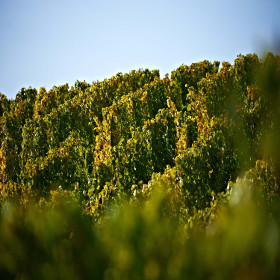Winery Beyer-Bähr
Our winery is located in the south of Rheinhessen - in Wonnegau.
The Wonnegau, originally Wangengau still from the 16th century derived from Vangions, then turned into Wonnegau. Gladly the name of the region - Wonnegau - with the bliss, which brings the life here, is justified.
Our hometown Flörsheim-Dalsheim is known for its first-class wine and the most awarded wine-growing community worldwide.
Our winery has been in Flörsheim-Dalsheim since 1665 and has been inherited from generation to generation.
But not only the people in the company change, also the company has developed over the years of a typical Rheinhessen mixed farm to a pure winery. Since the beginning of the nineties, we have been concentrating entirely on winegrowing and vinification.
We cultivate the grapes and the resulting wine throughout the year - from pruning to the bottle and finally the sales.
On our idyllic estate with guest house, at your home - or here on our website - we are happy to help. In our assortment you will find a variety of white wines, red wines and rosés from our vineyards growing in the districts Nieder-Flörsheim, Dalsheim and Mörstadt.
On the estate English and German is spoken.

















